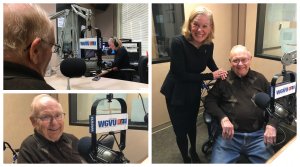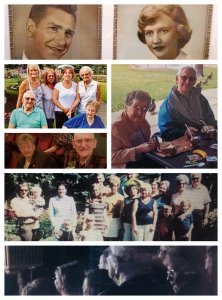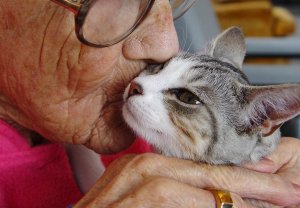

We all make plans for the future somehow, whether it’s what we want to eat for lunch, or how many days we want to spend on vacation this summer. Something we tend to ignore when it comes to planning is our health. An advance directive, also known as a living will, identifies what you want for your future, and is a way to communicate that with others if something happens.
A living will communicates your healthcare choices so that if you’re unable to speak for yourself, others will know your decisions. It allows you to designate a person to act on your behalf in these situations and it allows your family and loved ones to make difficult decisions with your own guidance.
Many people hire a lawyer to make an advance directive or living will. Making Choices Michigan offers a free service to create one. All adults should have one, but it’s common for people in their 30s and 40s to create them. Not having one means that in most cases where you are incapable of communicating your wishes, the state will decide what happens to you, not your family or yourself. Healthcare providers will keep you alive as long as possible and a legal process will be required if someone wants you to be taken off of life support. The court could also decide who your guardian will be and can make decisions for you.
You can keep that from happening by getting ahead of the game and making a living will of your own. It’s easiest if you do it when you are healthy, rather than when you are ill or facing a major health situation. You’ll want to include things like how you want to feel in your last days, how your religious beliefs should shape the decision-making process, and what should happen if there’s a situation with a low medical probability of getting back to regular life.
Once you’ve created a living will, you can update what’s in it if you’d like. If you are of sound mind to change it, you can make any amendments or changes you want at any time. In fact, most people update their living will several times throughout their lives, maybe after they get married, or have children. You can also name more than one person as a decision maker in your living will.
So now that you’ve made one, what’s next? The first thing to do is let people know you’ve created one. The hospital can scan a copy of your advance directive into their system so that if anything happens, it’s easily accessible. There’s also a registry online where you can upload it.



